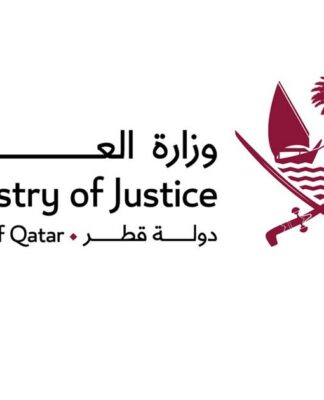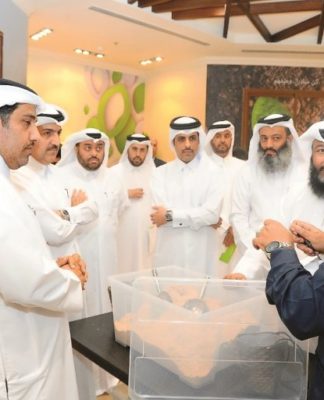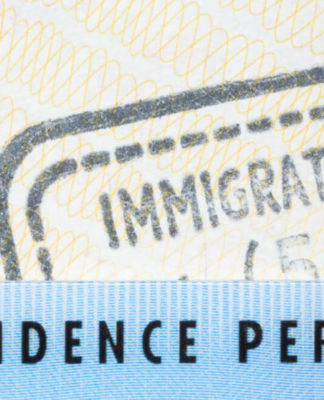The Peninsula
DOHA: The World Bank’s ‘Doing Business Report 2019’ shows that Qatar has risen six places on its property registration procedure index, climbing from 26th in the world ranking 2018 to 20th spot in the 2019 report.
This improvement comes in the wake of the reforms and procedure easing introduced by the new property registration and authentication systems, which links all relevant government bodies concerned with property registration and documents issuance.
The Ministry of Justice had held several meetings with the World Bank report team, which was briefed on the new procedures and improvements introduced by the system in the course of work, QNA reported.
The system has developed property registration procedures, title deeds and procurations have been updated and provided in secure templates, where existing paper and stamp procurations have been replaced by secured documents with a hard-to-forge security stamp.
The World Bank said that Qatar has joined the list of countries that carry out concrete reforms to enhance the business environment and support the ease of practising business activities, thanks to the procedures added by the project of development of real estate registration and documentation systems.
The Project won the Sheikh Salim Al Ali Information Technology Award 2018 in Kuwait. The Sheikh Salim Al Ali Award has sent a congratulations letter to Minister of Justice and Acting Minister of State for Cabinet Affairs H E Dr. Hassan bin Lahdan Al Hassan Al Mohannadi, praising the project.
In the World Bank Group’s annual ease of doing business rankings, the top economies are New Zealand, Singapore and Denmark, which retain their first, second and third spots, respectively, for a second consecutive year.
Governments around the world set a new record in bureaucracy busting efforts for the domestic private sector, implementing 314 business reforms over the past year, said the report.
The reforms, carried out in 128 economies, benefit small and medium enterprises as well as entrepreneurs, enabling job creation and stimulating private investment. This year’s reforms surpass the previous all-time high of 290 reforms two years ago.


























